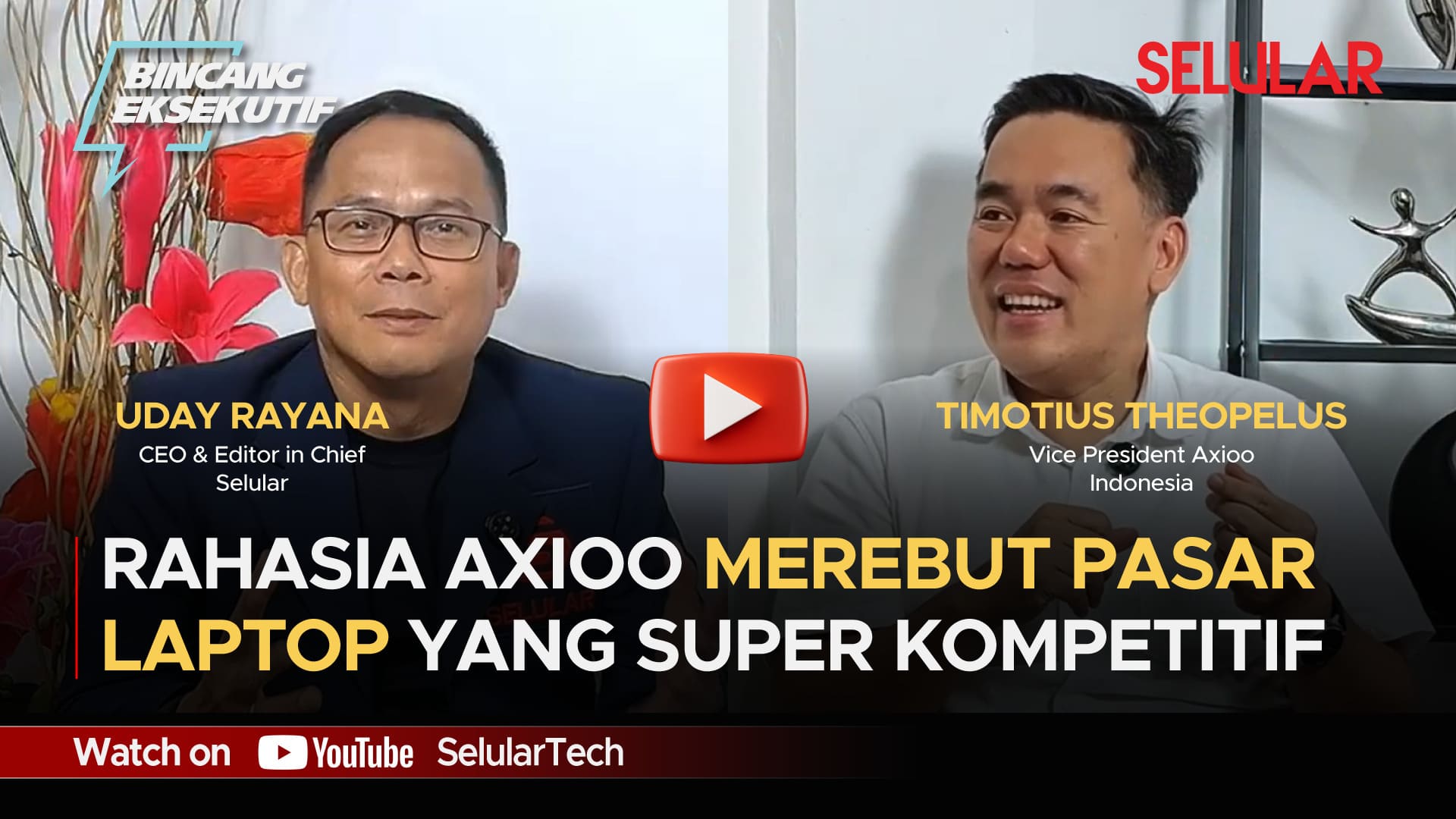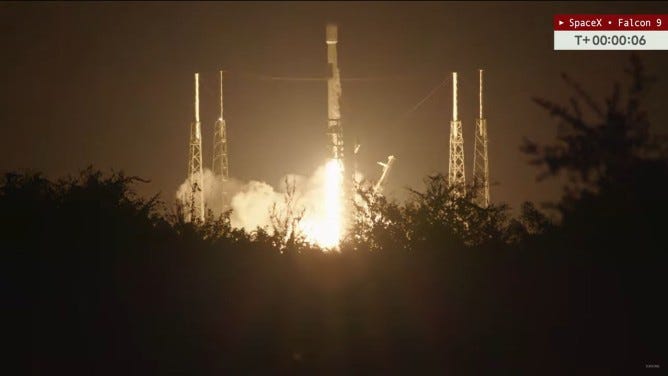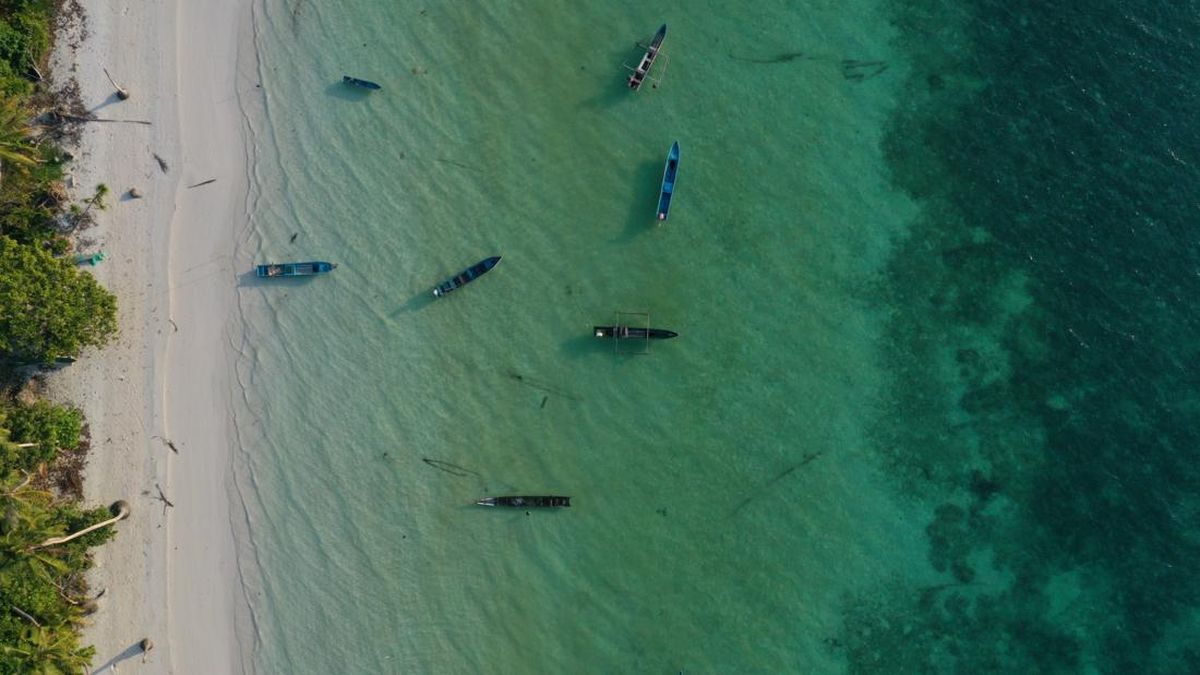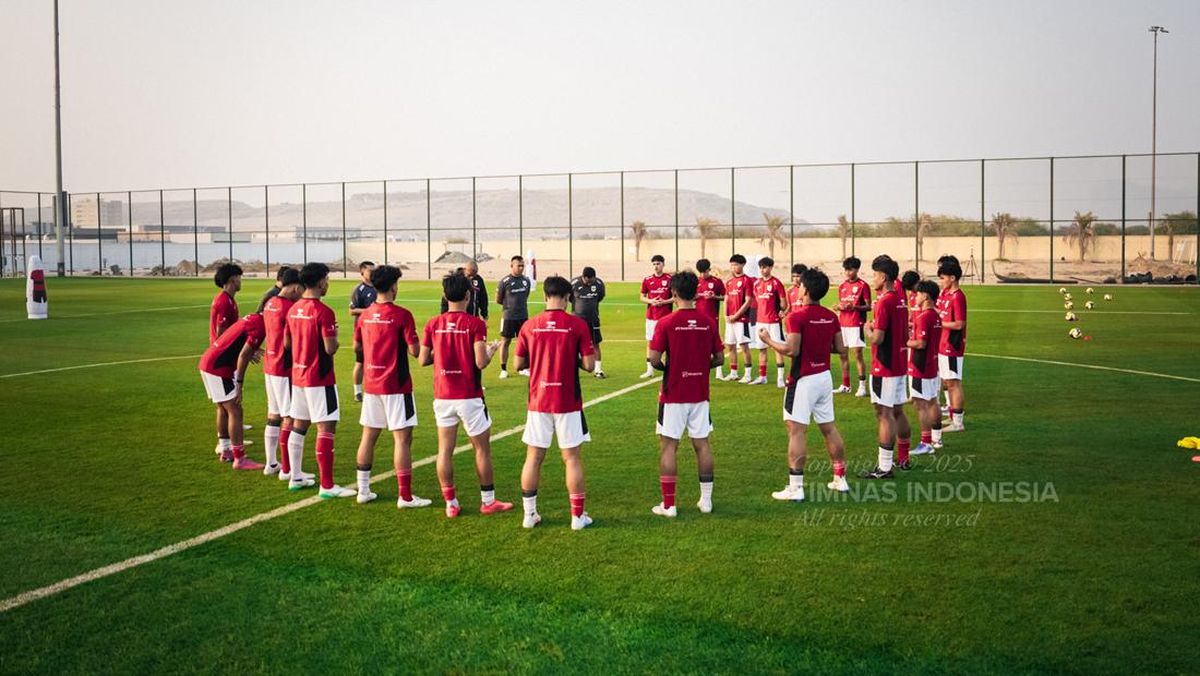Crises in Africa rarely begin with politics alone. They often start with water — too little, too dirty, or unfairly shared. Droughts push pastoralists off their land, floods wash away markets and schools, and in both cases, families are left more vulnerable to displacement, hunger and conflict. The Sahel has seen farmers and herders clash as rainfall patterns shift; in Southern Africa, dry taps in cities have fuelled unrest and forced rationing. Each example underscores a simple truth: when water fails, economies and social contracts fail, too.
This fragility is structural. Nearly 95 percent of Africa’s agricultural land is still rain-fed, leaving harvests at the mercy of climate swings. The Intergovernmental Panel on Climate Change (IPCC) warns that water security is under mounting pressure from multiple directions. Adaptation will be impossible unless water is placed at the heart of planning, shaping what is built, how it is financed, and who makes the decisions. I have seen firsthand how communities become more resilient when water is stored, stewarded and shared fairly.
Yet despite this urgency, sub-Saharan Africa remains home to nearly half of the people worldwide who still lack at least basic drinking water services. That single fact ought to reorder our priorities. Water is not only a human right; it is the foundational infrastructure of development, influencing what is grown on the farm, what is made in the factory and what is taught in the classroom.
When fields dry out or taps run dry, it is families, especially women and girls, who absorb the shock. They do so not in abstract numbers, but in hours walked, classes missed and opportunities lost.
UNICEF estimates women and girls spend around 200 million hours every day collecting water, time that could be spent learning, earning or leading. The inequity extends well beyond water collection. Sanitation progress is limited: no country in Africa is on track to achieve universal access to safely managed sanitation by 2030; only three are on track for universal basic sanitation.
Pipes alone do not bring dignity; people do. Efficient, sustainable and enduring services come when communities help set priorities, when fees are clear, and when users have a real voice. Policy must reflect daily reality. That means standards that fit local water conditions, budgets set aside for long-term upkeep, and information that communities can access and trust.
Some models work. Global analyses suggest that every US$1 invested in water and sanitation returns roughly US$4 in social and economic benefits — through time saved, better health and higher productivity.
Innovation works best when it is rooted in context. Simple tools such as small-scale filtration, leak detection, solar pumping and water reuse can scale quickly when paired with training and local enterprises. Funding partners, philanthropies and prizes can also help proven solutions to scale.
One such platform is the Zayed Sustainability Prize, which recognises practical, scalable solutions while placing people at the centre. As a newly appointed member of its water category selection committee, I have seen how the prize elevates solutions that are both innovative and inclusive. In 2025, it honoured SkyJuice Foundation for a simple, power-free filtration system (gravity-fed ultrafiltration) that brings safe drinking water to remote and underserved communities often excluded from conventional infrastructure. And in 2023, the prize recognised Eau et Vie (Better with Water) for bringing household taps to underserved urban neighbourhoods and lowering bills for low-income residents.
These examples show that inclusive progress is possible — but only if decision-makers match words with action. So, what should they do now?
Put service, not symbolism, at the centre. Treat a rural hand pump breakdown with the same urgency as an urban pipe burst. Make every budget line traceable, every contract transparent, and every community able to see what was promised and delivered. Finance should be tied not only to infrastructure built, but to hours saved for girls, diseases averted in clinics and crops secured in the field.
Civil society and local governments need a stronger seat at the table. Public forums should be convened in which utilities, users and regulators face the same scorecard, and those results guide investments. Procurement rules should reward technologies that can be repaired locally, by local technicians, with parts sourced within the country. In agriculture, shift from betting only on mega-dams to backing soil-moisture management, rainwater harvesting and small-scale irrigation that reach families faster.
When governments send these signals—backed by predictable finance and political will—companies can follow with co-funding for watershed protection, and citizens will trust that their voices count. The test of every project should be simple: does it free up girls’ time, keep children healthy and build jobs where people live?
Make water governance and infrastructure the plan, not a footnote. This means storage in the right places, pipes that do not leak, treatment that keeps running, and operators who are trained and paid. When the system works, health improves and local communities thrive. When you put this infrastructure first, dignity and prosperity will follow.
The views expressed in this article are the author’s own and do not necessarily reflect Al Jazeera’s editorial stance.

 3 months ago
25
3 months ago
25













































